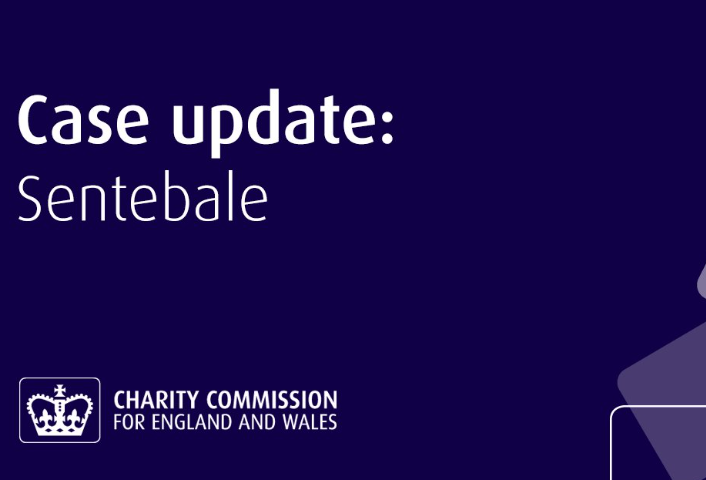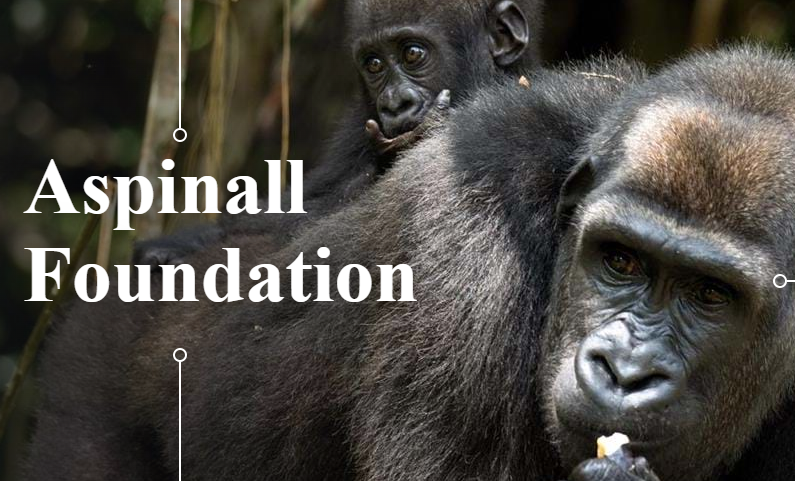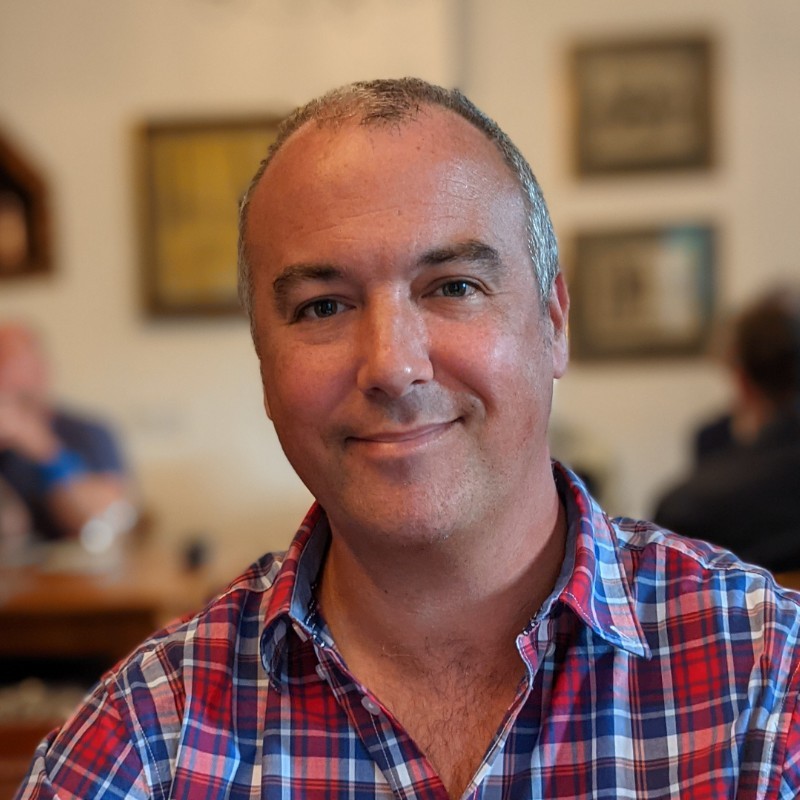After a successful career in corporate sales, a life-changing health event led Edward Butler to discover his true calling in the charity sector. Now at Combat Stress as a Senior Trusts and Foundation Officer, he’s using his storytelling and relationship-building skills to secure funding for veterans’ mental health support.
________________________________________________________________________
How did you land your current role, and what was your career path leading up to it?
Hindsight is a great thing, isn’t it as I should’ve been in the charity sector two decades ago. As so often happens I slipped into a career after University and became fairly comfortable in my national sales role and despite the odd 10km race, I didn’t really do any fundraising until 2019 when I joined the sector.
I work at the veteran’s charity, Combat Stress where I’m tasked with submitting grant applications to government, trusts and corporate foundations. Prior to my charity career I spent two decades in the corporate world. Coming from a sales background I’ve always been a confident communicator with the ability to tell a story, something that is so useful in the charity world. I love that I’m able to use my corporate skills to build and cultivate long-term high value strategic partnerships.
What is the most interesting part of your job?
Undoubtedly the most rewarding and therefore interesting part of my role is to see how many veterans and their families get supported in tackling their mental health issues through the transformational grants I’ve secured.
What would be your alternative career?
I always wanted to play cricket for England but that was delusional thinking on my part! Once I realised I didn’t stand a chance (aged 9) I wanted to become the next Brian Johnston and be a famous cricket commentator.
What inspired you to work in the charity sector?
I had a liver transplant in 2018, and during my recuperation, I decided to restore our local village BT phone box into a children’s book swap. I had to raise £3,000 through individuals, corporates and even a police grant, and I found I was really good at it! It was opened with great fanfare by Dame Julie Walters and is still used by children every day.
Afterwards, my wife said something along the lines of “you’re really good at this, you should do it as a career!” As always, she was right, and I started to apply for charity jobs. I was surprised by how transferable the corporate skills were and how many charities wanted to interview me!
What challenges do you face in your day-to-day work?
Like most fundraisers, it’s all about bringing in the money in what’s fast becoming an exceptionally tough environment for trusts' fundraising. Trying to find new trusts to apply to has become an important part of my tool kit.
What would make the biggest positive difference to the sector right now?
Like most trusts fundraisers I’d like to consign the following phrases to the dustbin:
“we don’t fund salaries”,
“we only support charities under £1 million”,
“in 50 words please tell us what your charity does”
Latest News
-
Tributes paid to 'tenacious campaigner' who co-founded Terrence Higgins Trust
-
Man who set up fake animal charity jailed for five years
-
X-odus sparks video content boom among charities, report finds
-
Charity handed £25m endowment from autistic philanthropist to help others on the spectrum
-
Civil Society Covenant blighted by delays and U-turns, report warns
-
More than 30 jobs at risk as hospice charity looks to close home care service
Charity Times video Q&A: In conversation with Hilda Hayo, CEO of Dementia UK
Charity Times editor, Lauren Weymouth, is joined by Dementia UK CEO, Hilda Hayo to discuss why the charity receives such high workplace satisfaction results, what a positive working culture looks like and the importance of lived experience among staff. The pair talk about challenges facing the charity, the impact felt by the pandemic and how it's striving to overcome obstacles and continue to be a highly impactful organisation for anybody affected by dementia.
Charity Times Awards 2023
Mitigating risk and reducing claims

The cost-of-living crisis is impacting charities in a number of ways, including the risks they take. Endsleigh Insurance’s* senior risk management consultant Scott Crichton joins Charity Times to discuss the ramifications of prioritising certain types of risk over others, the financial implications risk can have if not managed properly, and tips for charities to help manage those risks.
* Coming soon… Howden, the new name for Endsleigh.
* Coming soon… Howden, the new name for Endsleigh.
Better Society

© 2021 Perspective Publishing Privacy & Cookies














Recent Stories